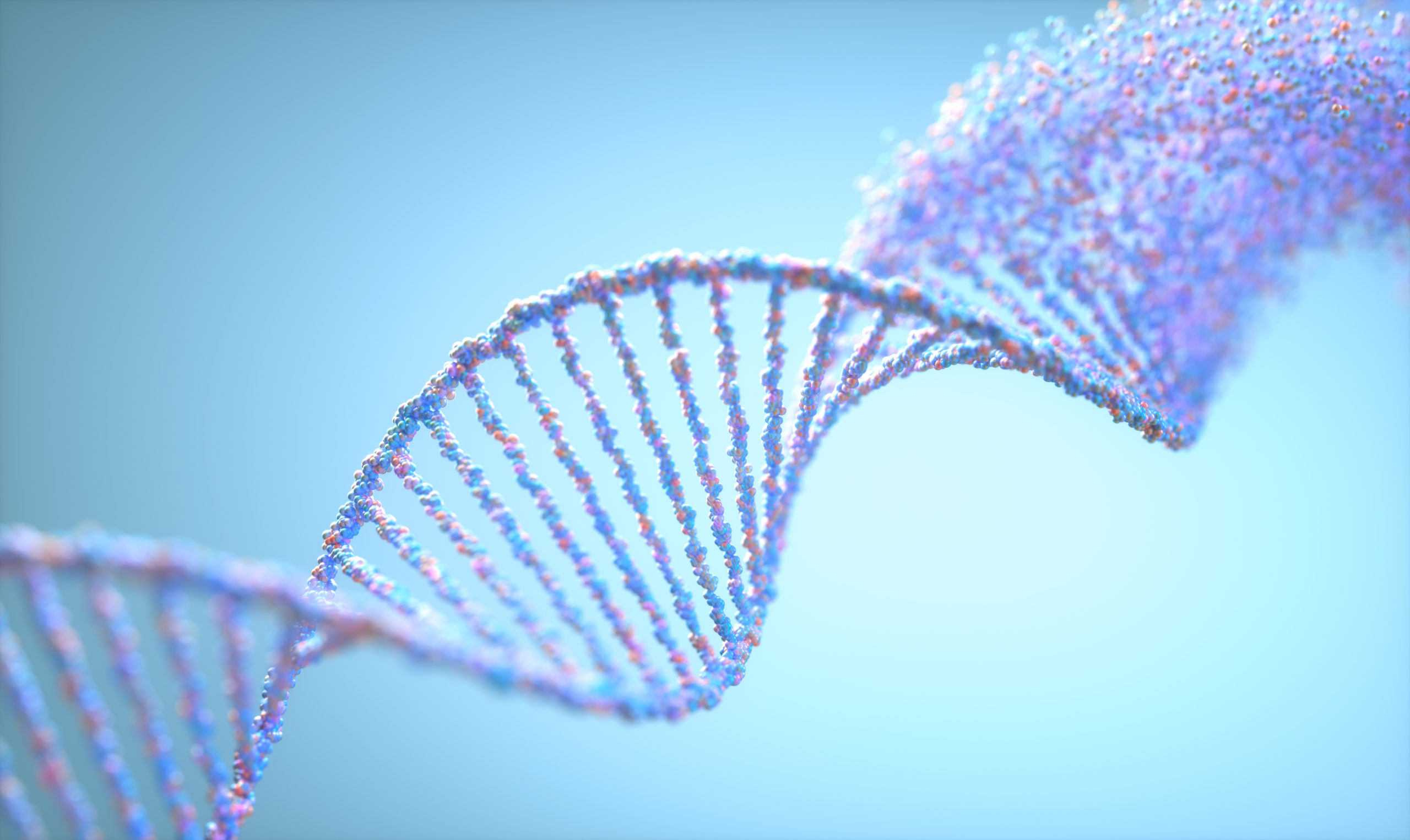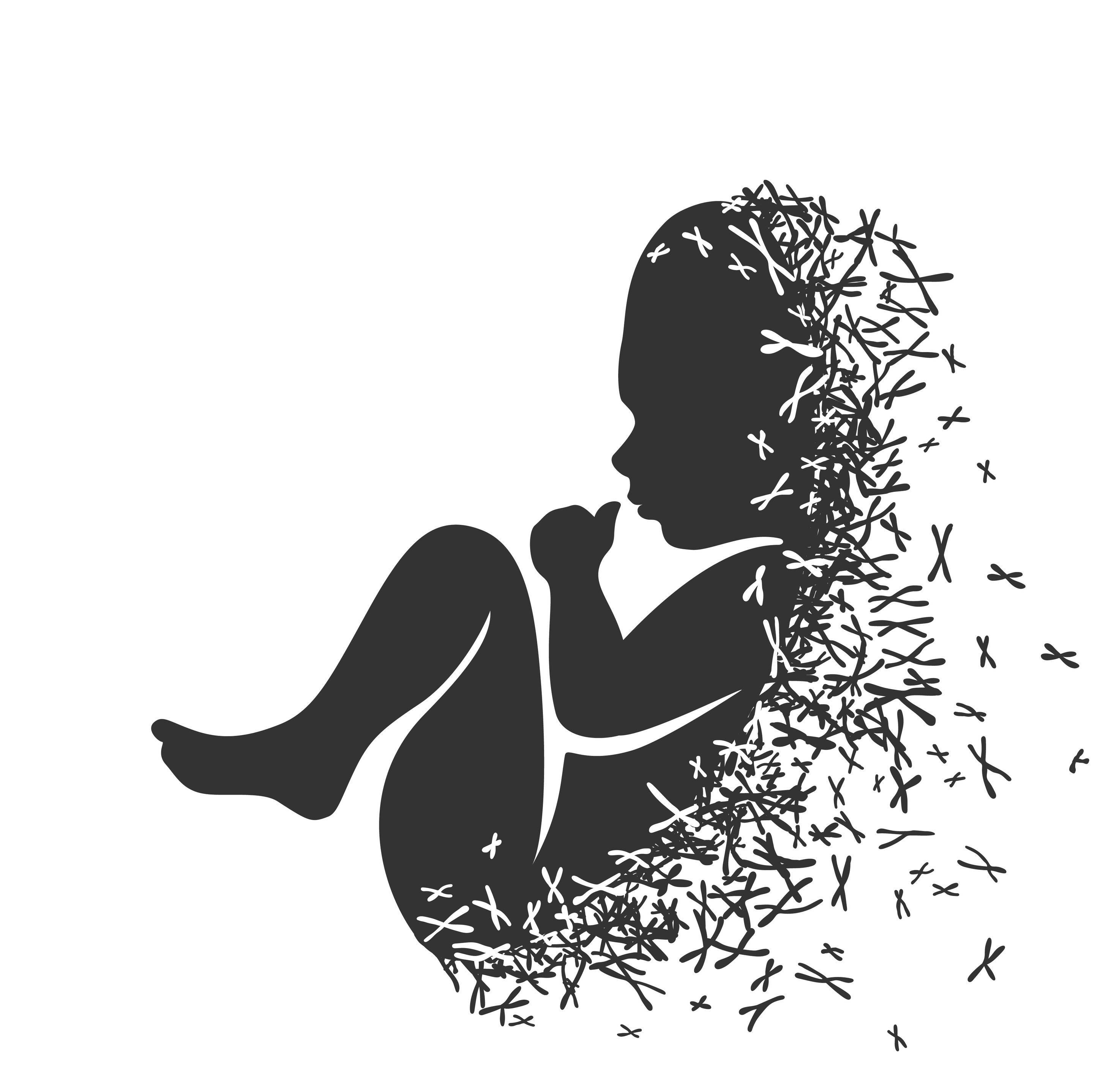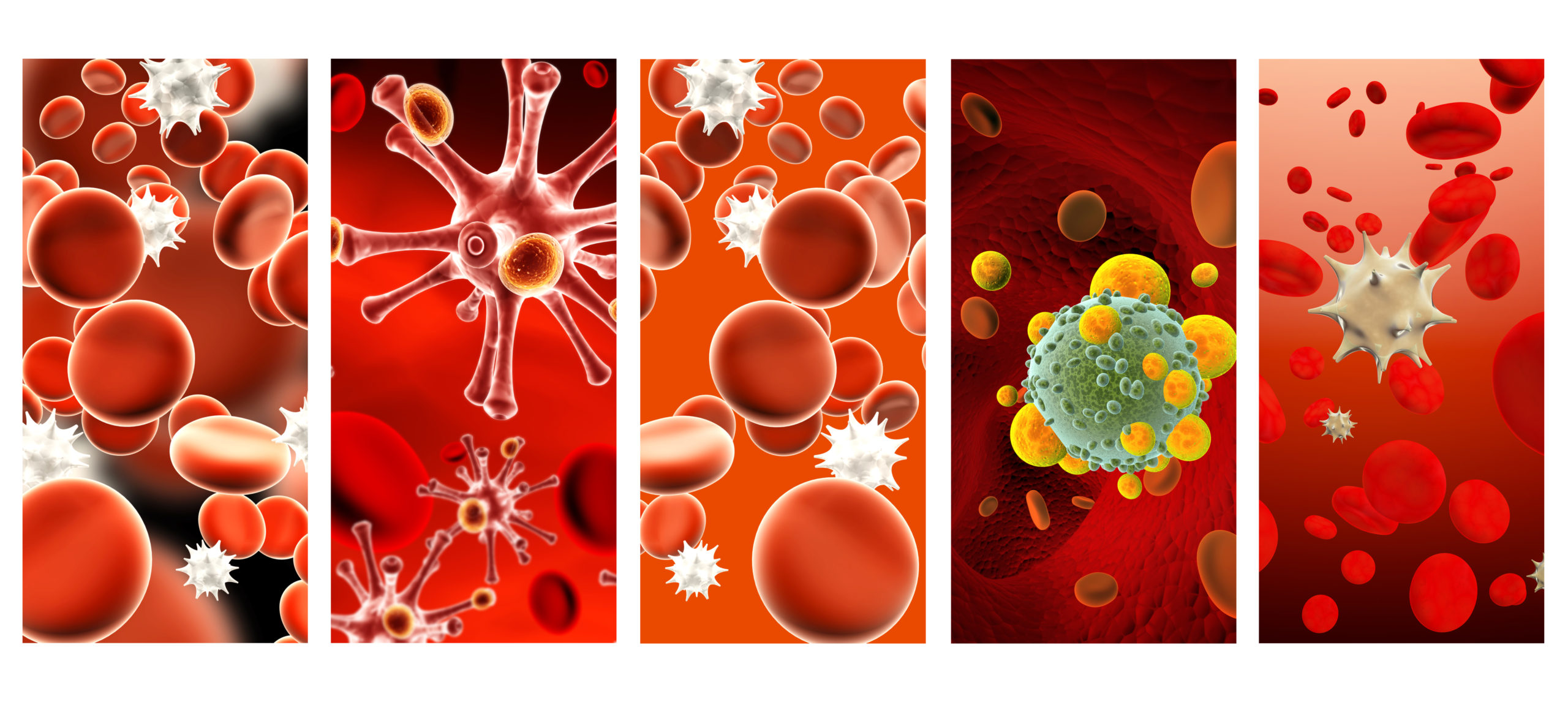Projects






Epigenetic mechanisms regulate gene expression through direct chemical modification of the DNA and/or by modification of reader/writer/eraser protein machinery. My lab uses transcription-based approaches, functional screens (such as genome-wide loss-of-function RNAi- and CRISPR-based screens), and genomic methods to identify regulators of X chromosome inactivation and cancer. We use this information to develop new therapeutic approaches for neurodevelopmental disorders and breast cancer.
Cancer once thought to be only a genetic disease, is now considered to be at the crossroads of genetic and epigenetic perturbations. A transformed cell has a profoundly altered epigenetic landscape, mainly dictated by covalent DNA and histone modifications. These abnormalities may arise from mutations in/or altered expressions of chromatin modifiers. My lab has recently identified and characterized a breast cancer oncogene, TRIM37, that contributes to triple-negative breast cancer metastasis. We use genome-wide loss-of-function genetic screens to identify new epigenetic factors malfunctioning in breast cancer and target them to develop new cancer therapies.
It has been known since the 1960’s that the equal expression of X-linked genes in mammalian somatic cells occurs by gender-based silencing of X chromosome. However, it remained unclear if there are regulatory factors with distinct functions involved in this process. This was a challenging problem to address, particularly due to the several cell biological mechanisms involved in establishing this inactive state that includes regulatory networks of non-coding RNAs and unusual nuclear dynamics. We use large-scale shRNA-based screen to identify new trans-acting X chromosome inactivation factors.
Rett syndrome (RTT) is the second most common cause of severe intellectual disability after Down syndrome. Currently, there is no curative treatment for RTT. Typically, RTT patients are females who are heterozygous for Methyl-CpG binding protein deficiency due to random X chromosome inactivation. However, every RTT mutant female cell also carries a wild type but transcriptionally silent MECP2 copy on an inactive X chromosome, which if expressed can compensate for MECP2 deficiency. My lab is exploring a strategy to reactivate the healthy copy of the gene on the inactive X-chromosome as a potential way to treat Rett syndrome and other X-chromosome-linked disorders.
Autoimmune diseases are more common in females compared to males. While sex hormones play a role, the genetic factors cannot be ruled out. We are interested in identifying genetic and epigenetic mechanisms underlying the sexual disparities in autoimmune diseases.
Drug delivery systems are engineered technologies, formulations, approaches, and systems for the targeted delivery and/ or controlled release of therapeutic agents. To this end, we utilize lipid-based nanoparticles, small molecule inhibitors, and antisense oligonucleotides. In collaboration with Dr. Kathrin Meyer (Nationwide Children Hospital), we are developing AAV-based gene therapy vectors targeting regulators of X chromosome inactivation.

BHATNAGAR LAB
-
University of California Davis
School of Medicine
UC Davis Comprehensive Cancer Center
Tuppr Hall 3134
contact
- (530) 754 - 3074
- sbbhatnagar@ucdavis.edu
- 1275 Health Sciences Drive Davis, CA 95616